"If the Biden administration were in any way serious about wanting Israel to rein in its attacks on civilians and its starvation of northern Gaza, they would at the least welcome a strong vote from the Senate that they could point to in their negotiations with Israel as a sign that Israel has to change its modus operandi for the sake of the bilateral relationship,” Josh Paul, a former director for the State Department’s Bureau of Political-Military Affairs, which oversees US arms transfers, told Zeteo just ahead of Wednesday's vote.
“The fact that, on the contrary, they are doing all they can to limit support for this vote clearly demonstrates that the Biden Administration does not only not want to use leverage, it does not even want leverage it could use,” he added
Senators who voted in favor of at least one of Wednesday’s resolutions:
Sen. Bernie Sanders
Sen. Jeff Merkley
Sen. Peter Welch
Sen. Elizabeth Warren
Sen. Brian Schatz
Sen. Chris Van Hollen
Sen. Tim Kaine
Sen. Ed Markey
Sen. Martin Heinrich
Sen. Tina Smith
Sen. Angus King
Sen. Jon Ossoff
Sen. Mazie Hirono
Sen. Dick Durbin
Sen. Jeanne Shaheen
Sen. Ben Ray Luján
Sen. Raphael Warnock
Sen. Chris Murphy
Sen. George Helmy
These senators deserve the recognition for standing up against genocide. Everyone else is complicit at best
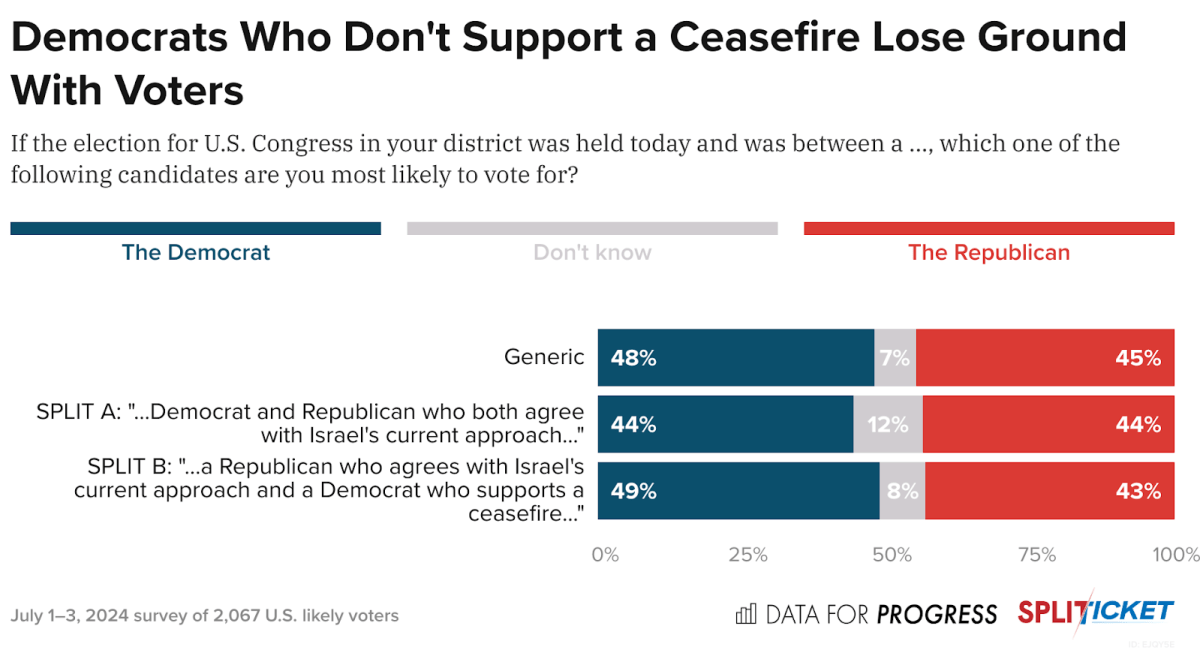
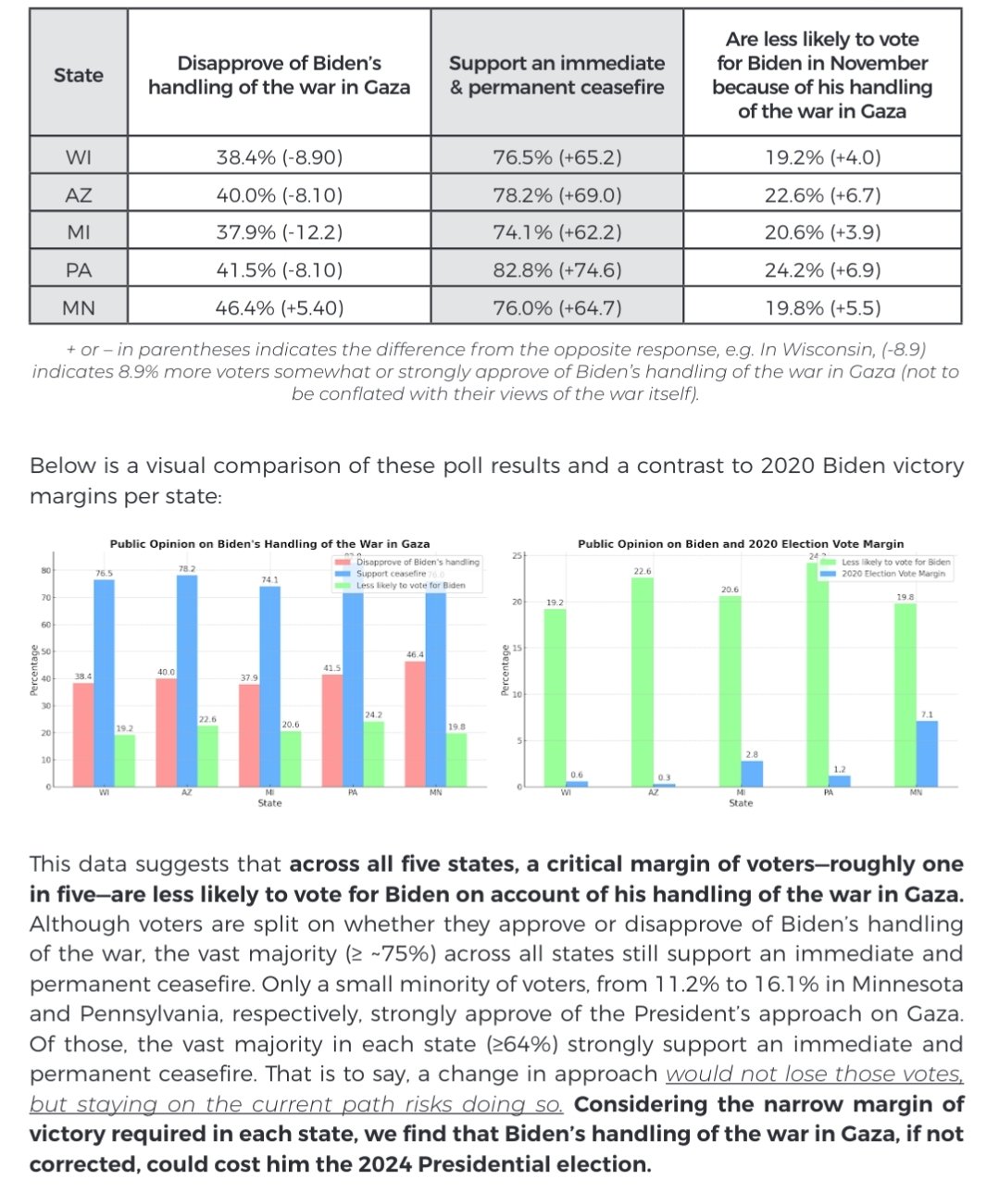
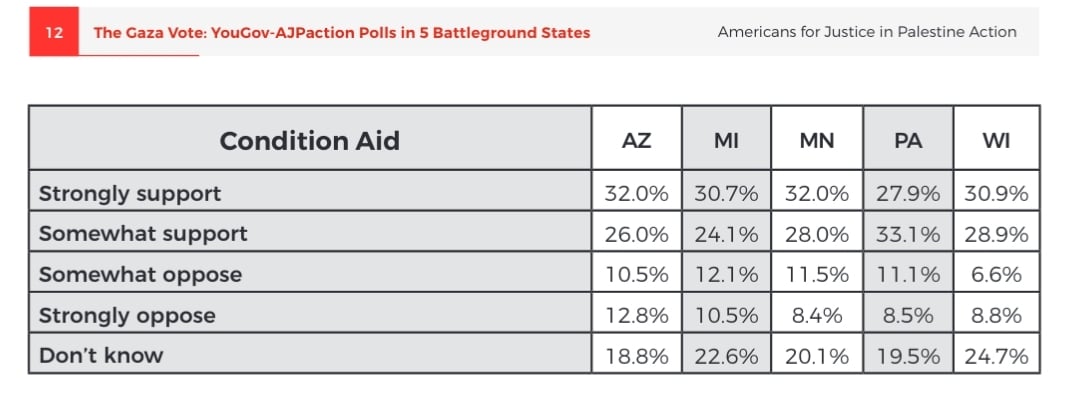
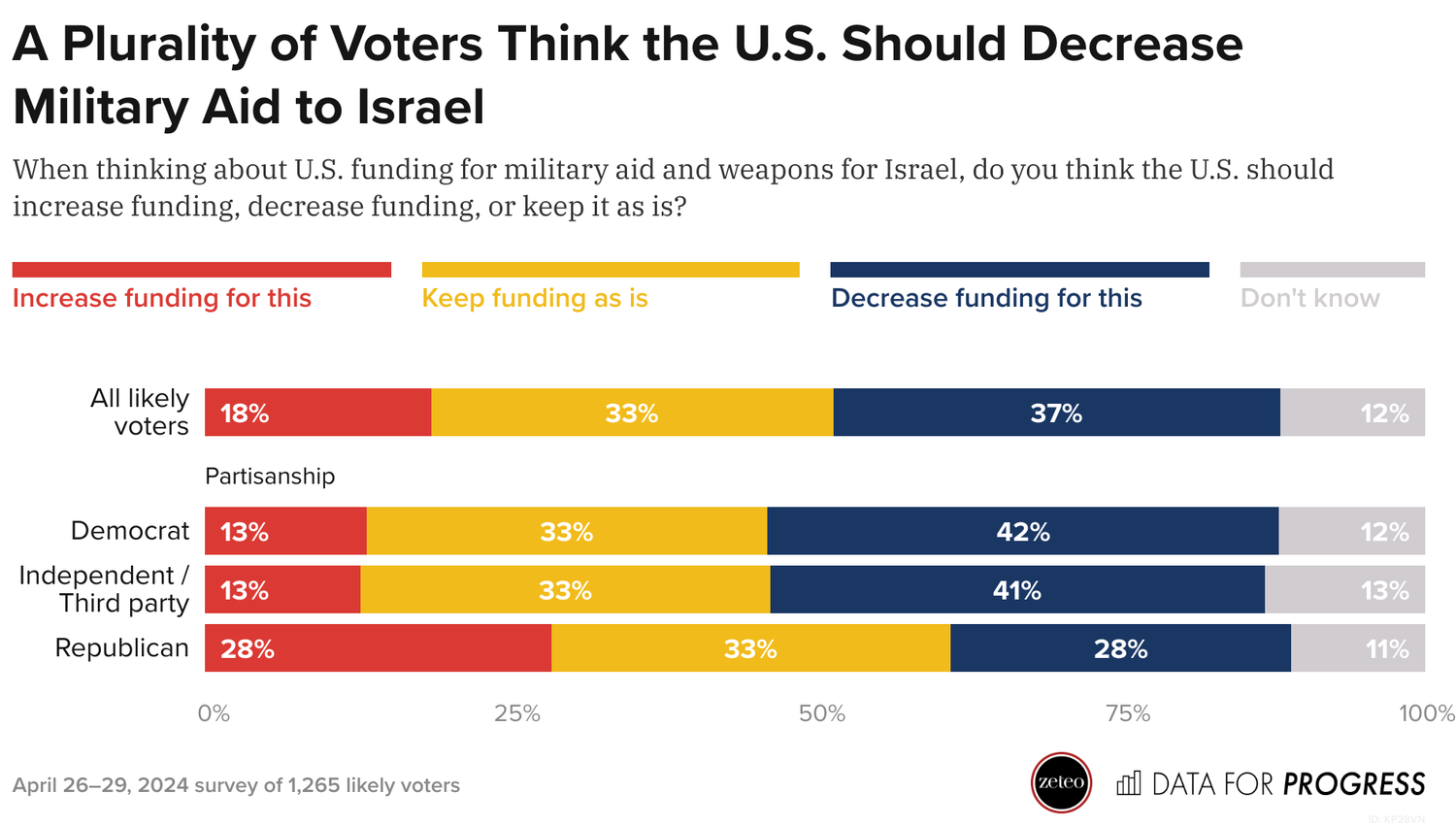





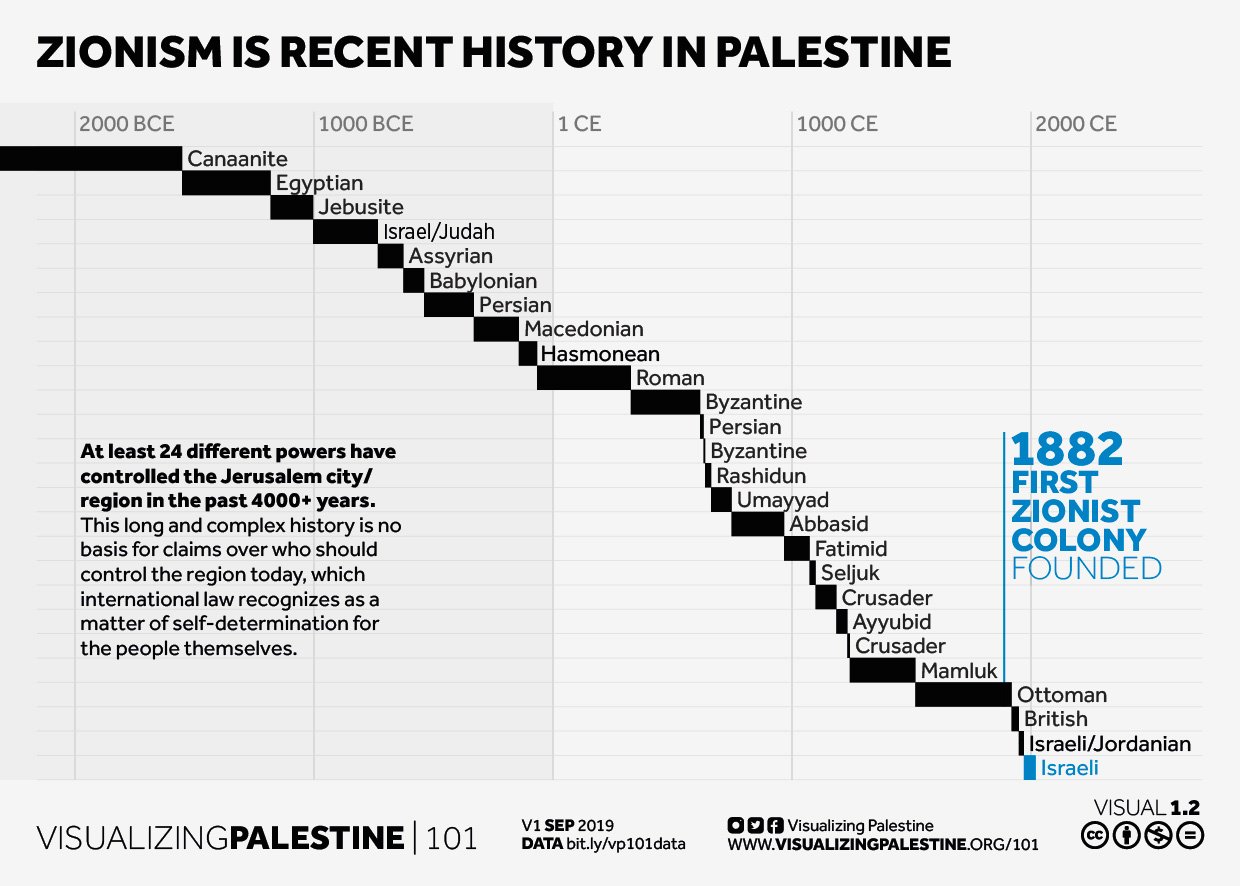
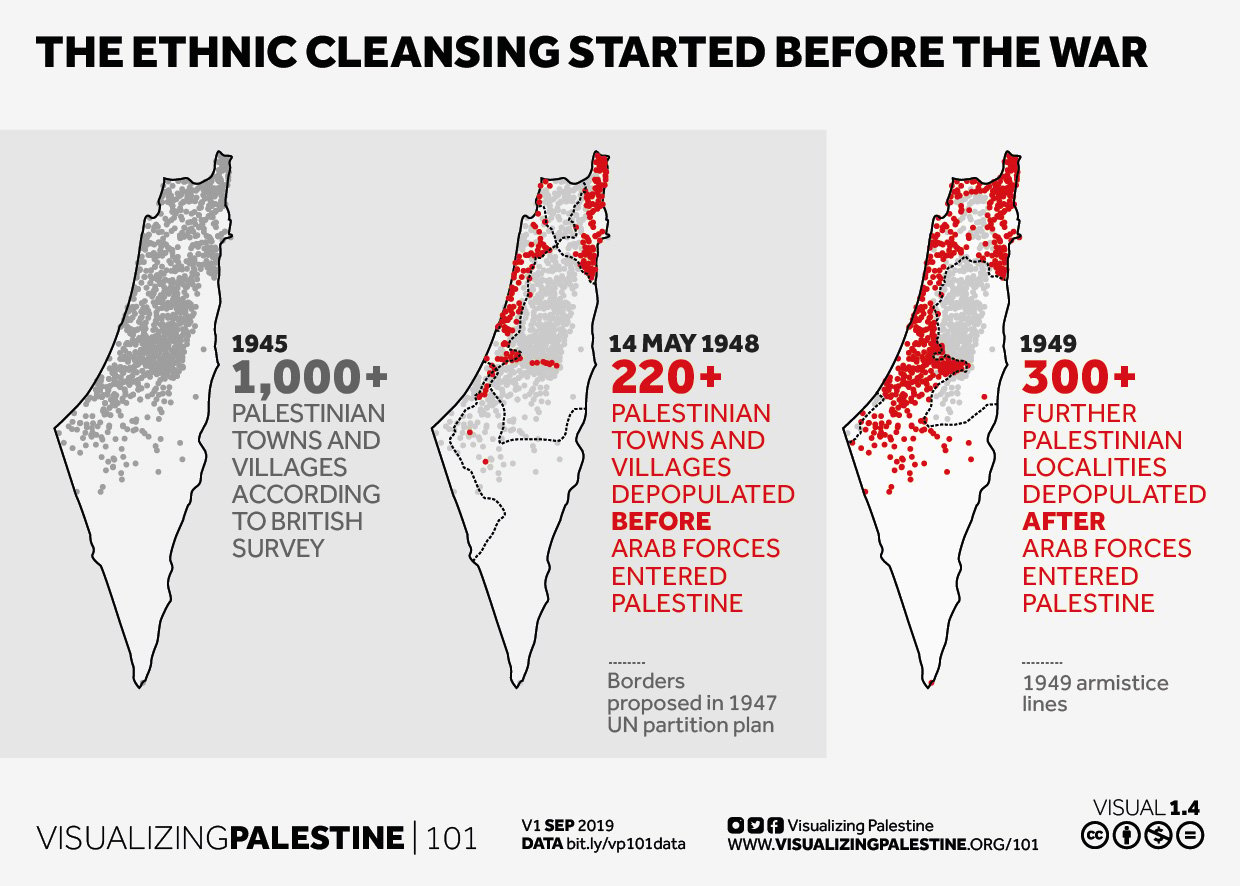

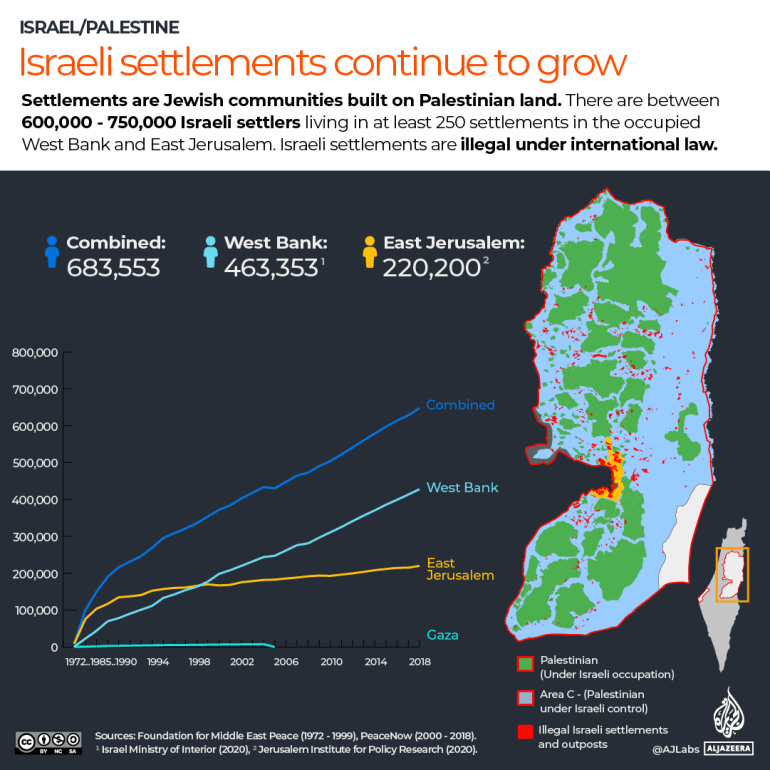
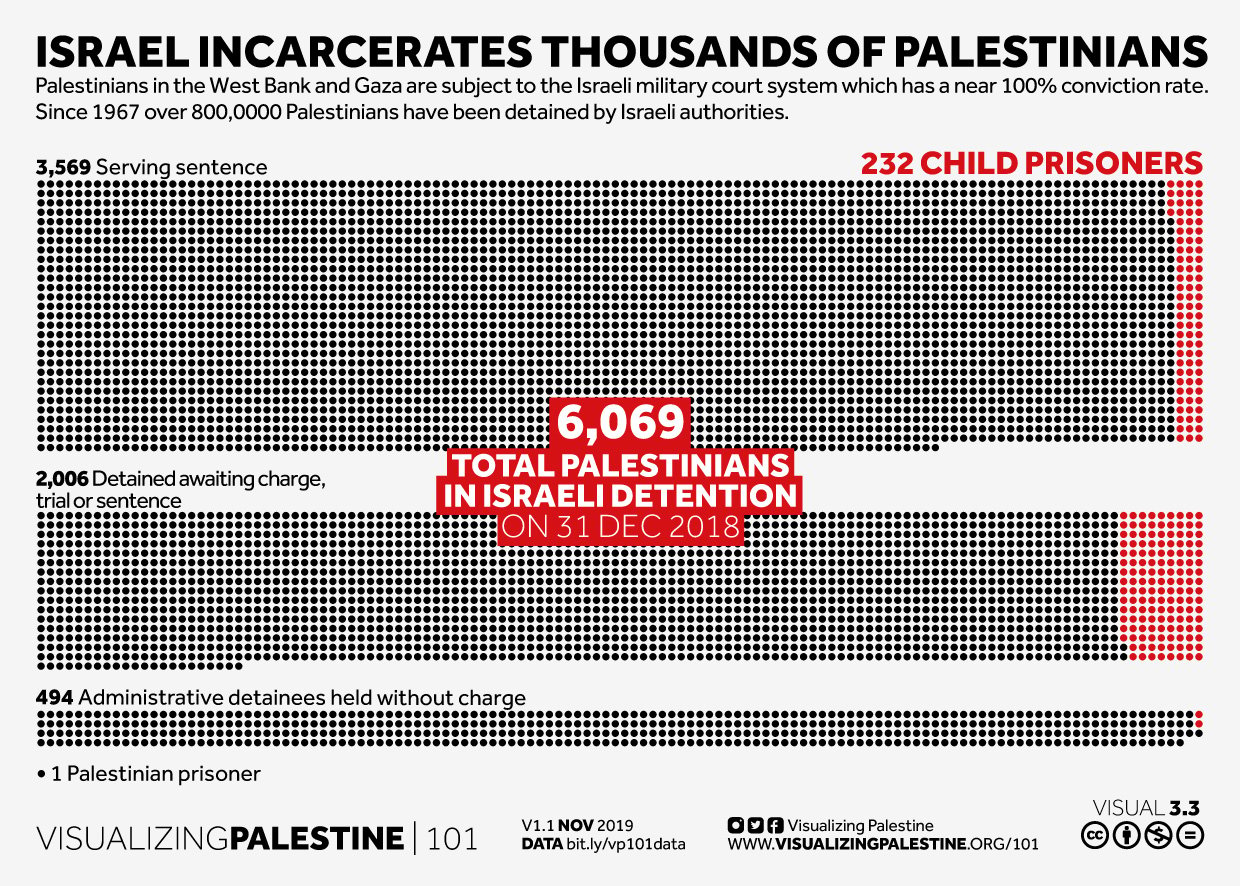
Hamas proposed a full prisoner swap as early as Oct 8th, and agreed to the US proposed UN Permanent Ceasefire Resolution. Additionally, Hamas has already agreed to no longer govern the Gaza Strip, as long as Palestinians receive liberation and a unified government can take place.
This isnt about the hostages, this is Israel engaging in Genocide to eradicate and forcibly displace the Palestinian people. Gaza has never stopped being under Israeli occupation since 1967. Hamas only exists because of the Apartheid Occupation of Israel and the daily violence that has subjected Palestinians to for generations. Israel has always been the obstacle for peace, and has been the one preventing a ceasefire.
De-development via the Gaza Occupation
Page 402
The Gaza Strip: The Political Economy of De-Development - Third Edition by Sara M. Roy
Blockade, including Aid
Hamas began twenty years into the occupation during the first Intifada, with the goal of ending the occupation. Collective punishment has been a deliberate Israeli tactic for decades with the Dahiya doctrine. Violence such as suicide bombings and rockets escalated in response to Israeli enforcement of the occupation and apartheid.
After the 'disengagement' in 2007, this turned into a full blockade; where Israel has had control over the airspace, borders, and sea. Under the guise of 'dual-use' Israel has restricted food, allocating a minimum supply leading to over half of Gaza being food insecure; construction materials, medical supplies, and other basic necessities have also been restricted.
Peace Process and Solution
Both Hamas and Fatah have agreed to a Two-State solution based on the 1967 borders for decades. Oslo and Camp David were used by Israel to continue settlements in the West Bank and maintain an Apartheid, while preventing any actual Two-State solution
How Avi Shlaim moved from two-state solution to one-state solution
‘One state is a game changer’: A conversation with Ilan Pappe
One State Solution, Foreign Affairs
Human Shields
Hamas:
HRW on Laws-of-War Violations 2009
Agency Demands Full Respect for the Sanctity of Its Premises in Gaza - July 2014
HRW - Palestinian Armed Groups’ October 7 Assault on Israel
Israel:
Israel/OPT: Israeli attacks targeting Hamas and other armed group fighters that killed scores of displaced civilians in Rafah should be investigated as war crimes
HRW - Gaza: Unlawful Israeli Hospital Strikes Worsen Health Crisis
Additionally, there is extensive independent verification of Israel using Palestinians as Human Shields:
IDF uses Human Shields,
Including Children (2013 Report)
Israel “Systematically” Uses Gaza Children as Human Shields, Rights Group Finds 2024
Breaking The Silence - Testimonies from IDF Veterans
Deliberate Attacks on Civilians
Israel deliberately targets civilian areas. From in general with the Dahiya Doctrine to multiple systems deployed in Gaza to do so:
The Dahiya Doctrine & Israel’s Use of Disproportionate Force
‘A mass assassination factory’: Inside Israel’s calculated bombing of Gaza
Lavender
Where's Daddy
Israel also targets Israeli Soldiers and Civilians to prevent them being leveraged as hostages, known as the Hannibal Directive. Which was also used on Oct 7th.